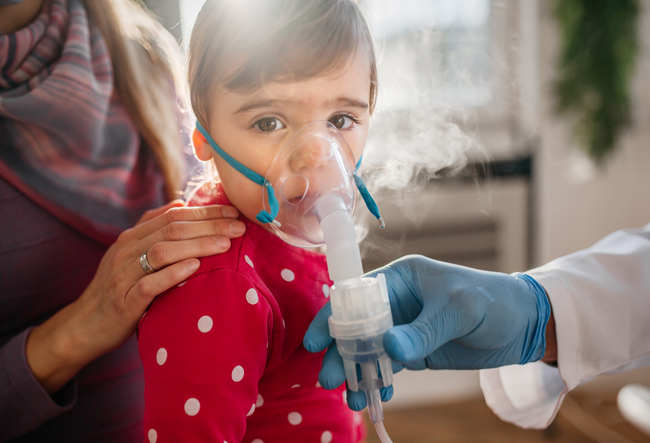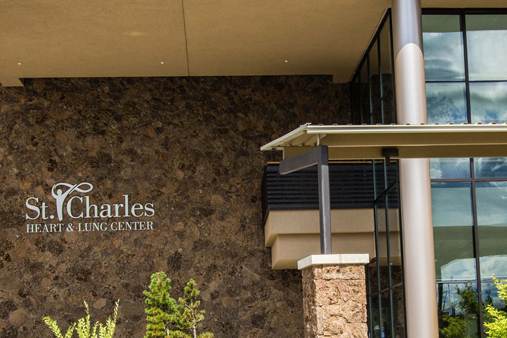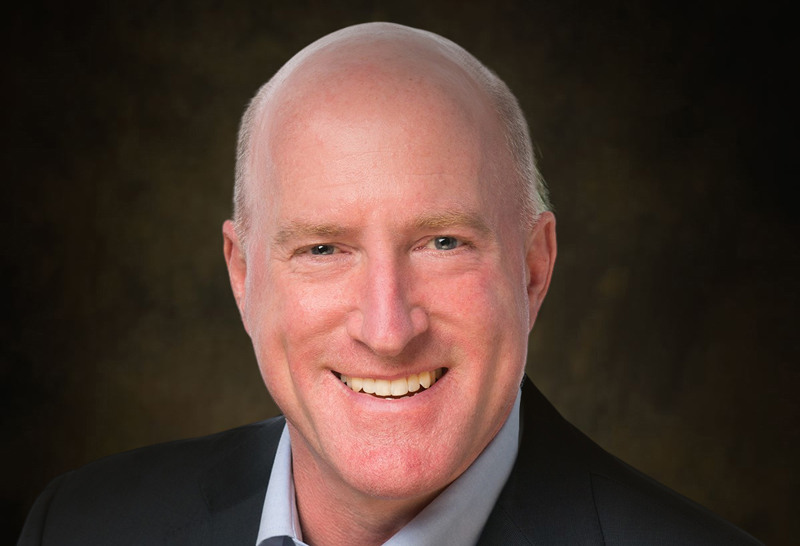A “perfect storm” of respiratory viruses is brewing, straining resources at hospitals across Oregon and prompting health care officials to urge people to protect themselves against the flu, COVID-19 and respiratory syncytial virus (RSV).
The first wave of this storm has already hit children. Governor Kate Brown has issued an emergency declaration in response to a surge of pediatric cases and hospitalizations driven by RSV. Additionally, three hospitals in the Portland area have moved to crisis standards of care in response to the surge.
St. Charles has not done that, but we are seeing an increase of pediatric cases in our community. While it’s impacting bed capacity in our Bend hospital, children are still getting the care they need.
“There are many St. Charles caregivers working hard and working together for our youngest patients, including nurses, respiratory therapists, pharmacists, dieticians, social workers, the physicians and providers in our Emergency Departments and our Pediatric Hospitalists, and so many more,” said Dr. Steve Gordon, interim president and CEO of the health system. “Unique to St. Charles are our additional efforts minimizing transfers to Portland whenever possible because of the extra burden this places on Central Oregon families. Our region is incredibly fortunate to have such talented and compassionate people delivering clinical excellence for our children and their families.”
At the same time, flu and COVID-19 cases are starting to increase, as expected.
“Influenza numbers are rising rapidly,” Dr. Cynthia Maree, St. Charles’ infectious disease section chief, told The Bulletin this week. “Our hospitals are already strained. We’re seeing the number of visits going up to the emergency department and urgent care.”
Maree warned that this winter could bring “a perfect storm of having viruses affecting all ages of the spectrum.”
Health care officials are encouraging everyone to take steps to prevent and reduce the spread of respiratory viruses. For flu and COVID-19, that means taking the time to get vaccinated and using everyday preventive actions to stop the spread of germs:
- Avoid close contact
- Stay home when you are sick
- Cover your mouth and nose when coughing or sneezing
- Wash your hands.
Locally, you can get vaccinated at many places. Visit the St. Charles website to learn more about the flu and COVID-19 vaccines.
The basics on RSV
If your child is high risk and showing symptoms of RSV, reach out to their pediatrician. If you don’t have access to a pediatrician, call 211 for help finding one.
Those at greatest risk for severe illness from RSV include:
- Premature infants
- Infants, especially those 6 months and younger
- Children younger than 2 years old with chronic lung disease or congenital (present from birth) heart disease
- Children with weakened immune systems
- Children who have neuromuscular disorders, including those who have difficulty swallowing or clearing mucus secretions
People infected with RSV usually show symptoms within 4 to 6 days after getting infected. Symptoms of RSV infection usually include:
- Runny nose
- Decrease in appetite
- Coughing
- Sneezing
- Fever
- Wheezing
These symptoms usually appear in stages and not all at once. In very young infants with RSV, the only symptoms may be irritability, decreased activity, and breathing difficulties. Almost all children will have had an RSV infection by their second birthday.
There is no specific treatment for RSV infection, and most go away on their own within a week or two. Here are some steps you can take to relieve symptoms:
- Manage fever and pain with over-the-counter fever reducers and pain relievers, such as acetaminophen or ibuprofen. (Never give aspirin to children.)
- Drink enough fluids. It is important for people with RSV infection to drink enough fluids to prevent dehydration (loss of body fluids).
- Talk to your health care provider before giving your child nonprescription cold medicines. Some medicines contain ingredients that are not good for children.
Learn more on the CDC's dedicated RSV site.





